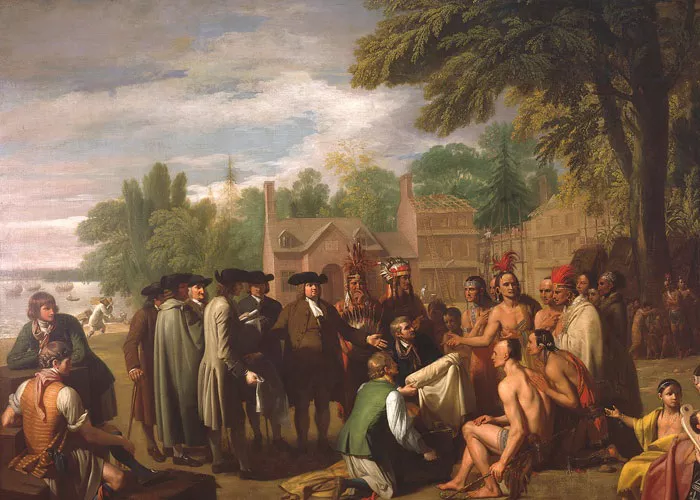Australia has a rich and complex history, marked by events that have shaped the nation’s development. February 19 is a significant date in Australian history, with several notable occurrences. The most prominent among them is the bombing of Darwin during World War II. This article explores this and other historical events that took place on February 19 in Australia, examining their impact and significance.
What Happened on February 19 in Australian History?
The Bombing of Darwin (1942)
One of the most significant events in Australian history occurred on February 19, 1942. On this day, the city of Darwin was attacked by Japanese aircraft in what became the largest foreign attack on Australian soil. This event is often referred to as the “Bombing of Darwin.”
Background to the Attack
By early 1942, World War II had reached the Pacific region. Japan had already captured parts of Southeast Asia, including Malaya and Singapore. As Japan advanced southward, Australia became increasingly vulnerable. Darwin, in the Northern Territory, was an important military base. It housed Australian and Allied forces, including American troops and ships.
The Attack on Darwin
On the morning of February 19, 1942, Japanese aircraft launched a devastating attack on Darwin. The assault involved 242 Japanese planes in two waves. The first wave consisted of bombers and fighters targeting the harbor, airfields, and military installations. The second wave struck the town, causing widespread destruction.
Casualties and Damage
The attack resulted in heavy casualties. It is estimated that around 235 people were killed, and more than 400 were wounded. Many ships in the harbor were sunk, including the USS Peary, a United States Navy destroyer. The bombing destroyed military aircraft, fuel depots, and buildings. Thousands of civilians fled south, fearing further attacks.
Impact of the Bombing
The Bombing of Darwin had a profound effect on Australia. It exposed the vulnerability of the country to foreign attacks and changed the perception of war among Australians. The government imposed strict censorship to avoid panic, but the event remains a crucial moment in Australian history. Today, Darwin commemorates the attack with annual memorial services.
Other Notable Events on February 19 in Australian History
Establishment of the Commonwealth Bureau of Meteorology (1908)
On February 19, 1908, the Australian government established the Commonwealth Bureau of Meteorology. Before this, meteorological services were managed by individual colonies. The Bureau was created to provide standardized weather forecasts, warnings, and climate data across Australia. Today, it plays a crucial role in monitoring weather patterns, issuing cyclone warnings, and researching climate change.
The Royal Australian Navy Joins World War I Efforts (1915)
On February 19, 1915, Australian naval forces participated in operations against the Ottoman Empire during World War I. The Royal Australian Navy (RAN) joined British forces in the Gallipoli campaign, which aimed to open a supply route to Russia. The Gallipoli landings occurred later, on April 25, 1915, but naval operations began earlier. February 19 marks one of the first coordinated attacks on the Dardanelles, where Australian ships assisted in bombarding Ottoman fortifications.
Cyclone Kelvin Strikes Northern Australia (2018)
On February 19, 2018, Cyclone Kelvin made landfall in Western Australia. It was a severe tropical cyclone that brought intense rainfall and strong winds. The cyclone caused significant flooding, damaging roads and infrastructure. The Pilbara region, known for its mining industry, was particularly affected. Despite the destruction, early warnings helped minimize casualties.
Conclusion
February 19 is a date of historical importance in Australia. The Bombing of Darwin in 1942 remains the most devastating foreign attack on Australian soil, shaping national defense policies. Other events, such as the creation of the Bureau of Meteorology and military actions during World War I, have also played significant roles in shaping the country. By remembering these events, Australians can appreciate the challenges and resilience that have defined their history.
Related Topics:

